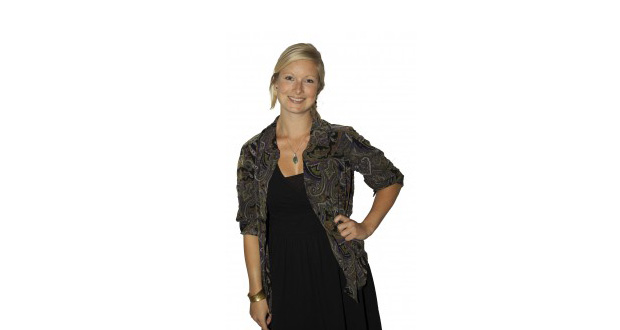Columnist Kate Monson responds to last week’s Culture Column and asks what actually is realism? And does it have anything to do with apathy?
Last week, culture columnist Paula Dubbink wrote about why she didn’t attend the “KÄMPA MALMÖ” demonstration organised in solidarity for the victims of a violent neo-Nazi knife attack in the centre of the city recently. She lamented the loss of her youthful idealism and described her descent from angry adolescent to apathetic adult.
Her words rang loud in my ear. Terrifyingly so. I’m not going to take her up on individual issues. I don’t care all that much whether she was at the KÄMPA MALMÖ demonstration or not. There were, as she said, 1000s of people present, peacefully but powerfully making a stand for the kind of world they believed in. It’s not for me to pass judgement on her voting choice. I know nothing about the political parties in the Netherlands and I’m not about to start pondering this now.
But I do want to ask Paula, and the rest of you, a question: is apathy ethical? Is it ethical to know injustices are happening every day, all over the world, and not find at least one that you can put a bit of boot behind (figuratively speaking)?
I don’t think idealism is naïve. And I don’t think experience has to breed apathy. And I certainly don’t think apathy has anything to do with realism. The dictionary definition of realism is as follows:
“The attitude or practice of accepting a situation as it is and being prepared to deal with it accordingly.”
It’s the second part of this sentence that’s hold the real thrust – “prepared to deal with it accordingly”.
Were the 1,200 U.S. students who, earlier this month, marched from Georgetown University to the gates of the White House to oppose the Keystone XL tar sands pipeline acting “accordingly”? In the face of potentially devastating climate change, a political elite apparently more intent on lining their own pockets than securing a stable future, and the cultural genocide of indigenous communities, I would say they could have got away with a lot more and still be called “realists”. But as it was, nearly 400 of the protesters were arrested for “peaceful civil disobedience”.
Over here in Sweden, in lovely Lund, we might not – yet – be on the physical frontline of many of the pressing issues affecting the world today. (Although if you want to find a local issue to support, it won’t take long.) But most of us are on the generational frontline. The climate crisis, the economic crisis, the social crisis, the stories we’re seeing unfold in the news day after day, that’s our future. And as young people, as privileged, educated individuals, it’s time to ‘get real’ and ‘act accordingly’.
Idealists put their heads in the sand, or the clouds, or some other calm, quiet place and hope everything will just go away if they wait long enough. The realists are out there, recognising the situation for what it is, and doing something about it. Or at least trying to.
And so, to echo Paula’s final sentence from last week: It’s a question that everyone should ask themselves every now and then, realist or not?






